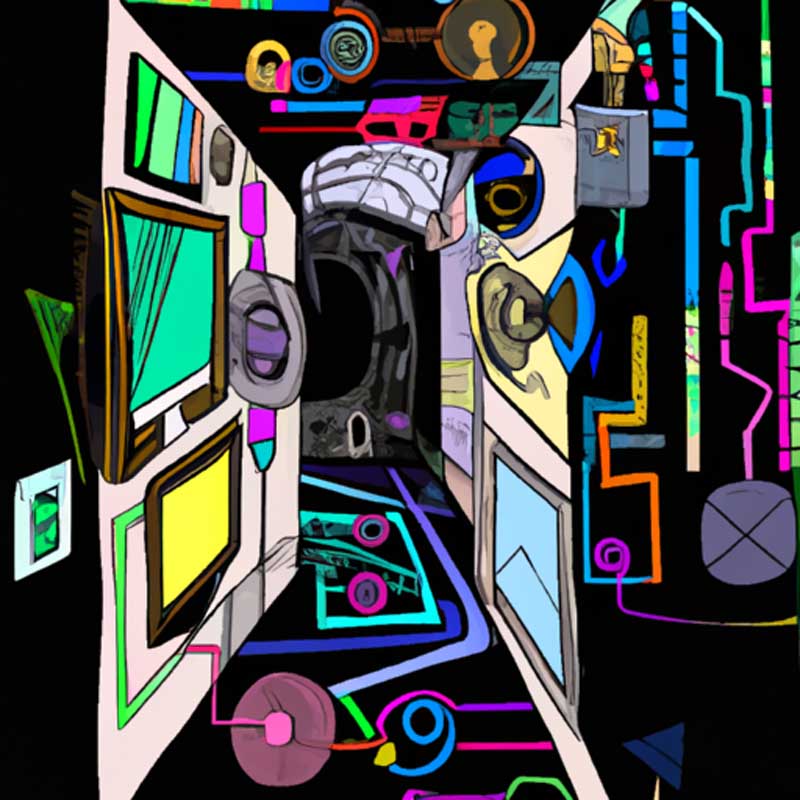TLDR:
- Google has improved its Imagen 3 AI engine to allow users to create human figures.
- The new version includes safeguards to prevent the creation of false, violent, or sexual images.
The improved version of Google’s image generation engine, Imagen 3, will once again enable users to create human figures using AI. The feature had been previously removed following complaints about the creation of racist and false images, such as depictions of black Nazis. The new engine comes with built-in safeguards to prevent the creation of false, violent, or sexual images. Google quietly launched Imagen 3 through the AI Test Kitchen category and will now integrate it into its Gemini AI chatbot. The upgrade will be capable of creating anything from photorealistic landscapes to oil paintings using just a few words.
Google suspended Gemini’s ability to create images of people in February after users discovered false or inaccurate historical images. The upgraded model performs better compared to other available image generation models and will not allow users to create certain types of content, such as photorealistic images of public figures or violent and sexual imagery. Google plans to expand this feature to more users and languages soon.
Around 20 billion AI-generated images have been uploaded to the internet since 2022, including false images of public or private individuals. Meta, the owner of Facebook, Instagram, and Threads, is working on tools to detect AI-generated images to combat deepfakes. Last year, the UK passed the Online Safety Bill, making it a crime to upload fake images without consent. US lawmakers are also considering legislation to protect users from the spread of fake news online.
AI-generated images have become increasingly sophisticated, with some being difficult to differentiate from real images. Meta encourages users to share information about AI-generated content so they can add tag labels to it. While some content might still slip through, efforts are being made to monitor and regulate the spread of AI-generated content online.
